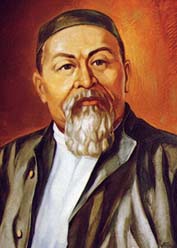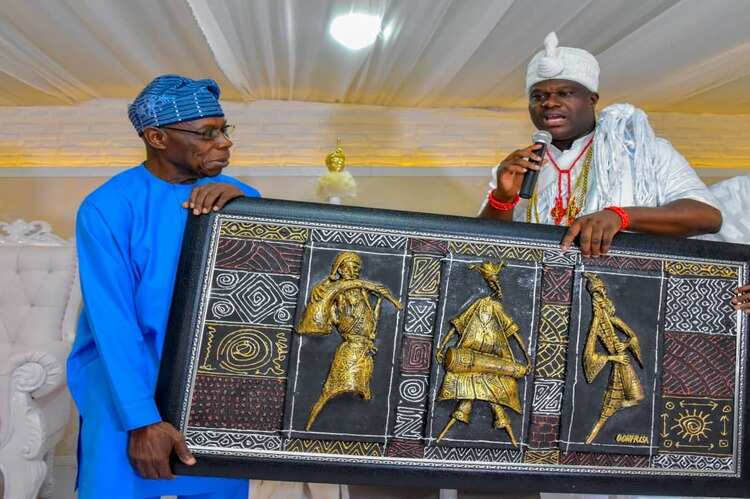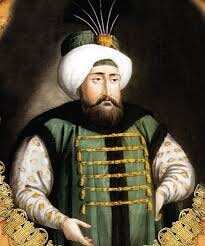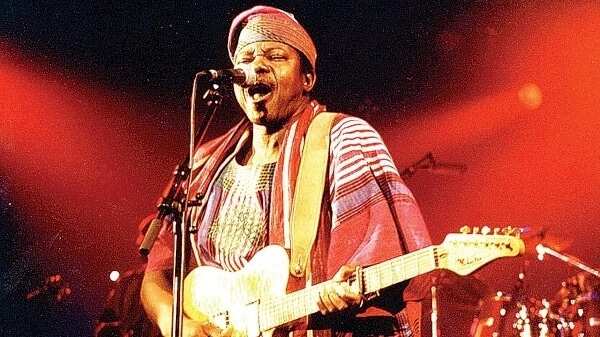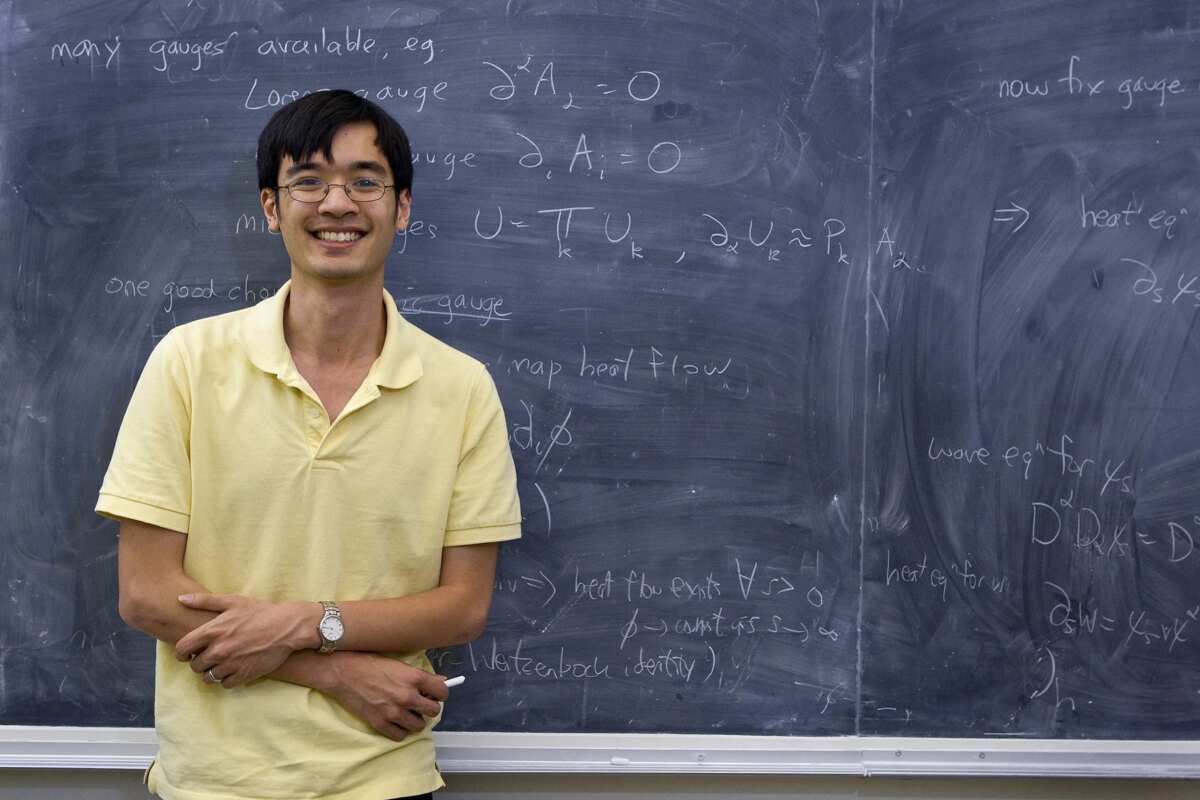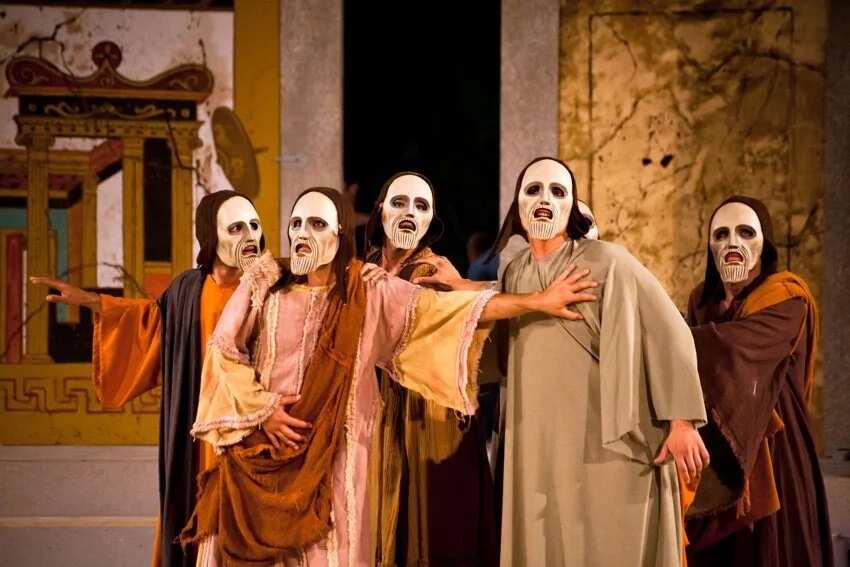биография абая на английском языке
Kunanbaev Abay
Abay Kunanbaev (1845-1904). Abay was born in 1845 at the bottom of the Chingiz Mountain in the today’s Abai district (former Karkaraly) located in Eastern Kazakhstan region (formerly, the Semipalatinsk region).
He was a well-known Kazakh poet, a great thinker, composer, philosopher, the founder of written Kazakh literature, and its first classic.
The heritage he left his nation is rich in songs and poems, translations and prose. His translations of the poetry written by Russian writers and poets such as Pushkin, Lermontov, and Krylov became the national patrimony of Kazakhstan. He translated the works of Schiller, Goethe, and Byron into Kazakh language.
«Kara Sozder» [Book of Words] (prose) created by the great thinker constitute an ethnic philosophical work. This creation of his is an exploration of Kazakh national life in the second half of the 19th century. He influenced social affairs in the country where he lived.
He also participated in the governing of the country and played a certain role in trying to solve complicated problems justly.
The name of Abai is known worldwide just as Shakespeare, Goethe, and Pushkin are well-known in many countries, because his great words became a spiritual patrimony of not only one nation, but of the entire humankind.
Abay’s main contribution to Kazakh culture and folklore lies in his poetry, which expresses great nationalism and grew out of Kazakh folk culture. Before him, most Kazakh poetry was oral, echoing the nomadic habits of the people of the Kazakh steppes. During Abay’s lifetime, however, a number of important socio-political and socio-economic changes occurred. Russian influence continued to grow in Kazakhstan, resulting in greater educational possibilities as well as exposure to a number of different philosophies, whether Russian, Western or Asian. Abay Qunanbayuli steeped himself in the cultural and philosophical history of these newly opened geographies. In this sense, Abay’s creative poetry affected the philosophical thinking of educated Kazakhs.
The leaders of the Alash Orda movement saw him as their inspiration and spiritual predecessor.
Contemporary Kazakh images of Abay generally depict him in full traditional dress holding a dombra (the Kazakh national instrument). Today, Kazakhs revere Abay as one of the first folk heroes to enter into the national consciousness of his people. Almaty State University is named after Abay, so is one of the main avenues in the city of Almaty. There are also public schools with his name.
The Kazakh city of Abay is named after him.
Among Abay’s students was his nephew, a historian, philosopher, and poet Shakarim Qudayberdiuli (1858–1931).
Statues of him have been erected in many cities of Kazakhstan, as well as in Moscow.
A film on the life of Abay was made by Kazakhfilm in 1995, titled Abai. He is also the subject of two novels by Mukhtar Auezov, another Kazakhstani writer.
On May 9, 2012, following two days of protests in Moscow following Vladimir Putin’s inauguration as President of the Russian Federation for the third term, protesters set up camp near the monument to Abai Qunanbaiuli on the Chistoprudny Boulevard in central Moscow, close to the embassy of Kazakhstan. The statue quickly became a reference point for the protest’s participants. OccupyAbai was among the top ranking hash-tags in Twitter for several day thanks to Russian opposition leader Alexey Navalny who set up a meeting with his followers next to Abai Kunanbayev’s monument in Moscow that he called «a monument to some unknown Kazakh». This spurred a wave of indignation among ethnic Kazakhs who highly esteem Abai. This also brought Abai’s poetry into the top 10 AppStore downloads.
Abai was born August 10, 1845 in Chingiz Mountains Semipalatinsk region (under the current administrative division) from one of the four wives Kunanbai, senior Sultan Karkarala district.
Abay’s family was aristocratic, his grandfather (Oskenbay) and grand grandfather (Yrgyzbay) dominated in their tribes as governors and biys (judges)
Ibrahim was lucky in the sense of coziness and family education, as his mother Ulzhan and grandmother Zere were extremely gifted and charming natures. Due to his attentiveness and thoughtfulness, which differentiated him from other children, his mother changed his name topet name «Abay».
Homeschooling and introduction to the folklore, which were started in early childhood, was continued at madrassas of Imam Ahmad Riza. At the same time Abay studied at Russian school and by the end of the five-year study began to write poetry.
Hegel wrote that philosophy is an epoch grasped in thought. However, to grasp in thought the era, it must be a thinker in the highest sense of the word. Abay Kunanbayev was among one of these thinkers in the second half of 19th century in Kazakhstan.
In this case, under thinker we do not mean someone who works as a monk locked in a narrow cell, delving into ancient manuscripts and trying to fish out some important laws of social development. Despite that Abay belonged to the elite of Kazakh society, he never fenced himself from the disaster and needs ofordinary people. On the contrary, as a philosopher, he lived with what his people lived, shared with them their pain and deprivation. Joys were little, but how he could live and enjoy himself? Abay’s feat, in fact his whole life was a real feat and only about the interest of his people, their pain reflected on his big heart, the heart of philosopher and person.
Wealth and cattle did not concern him. As a thinker and patriot of his homeland, his heart was crying blood, as he knew all the needs and hopes of his people in order to be satisfied with surroundings.
Communication with exiled Russian social democrats, E.P.Mihoelisom, N.Dolgopolovym and S.Grossom, gave impetus to his potential abilities. Abay’s treatment of Russian literature, which experienced creativeimpulse at that time, was natural, where poetic in Eastern tradition was treated very high.
Morality and languages take paramount part at Abay’s universal system. He considered that language opens a window into the vast world. Humanity and liberality oblige learn languages of other nations, as only in this way for human-thinker can feel a connection with the geniuses of the spiritual world.
There are dozens of definitions of man. Certainly, the most acceptable usually relies on scientific: representative of the genus homosapiens. However, is it always that every man justifies such a flattering definition? It is says, that, person is that and that, but sometimes it represented that every definition is not accurate, as some people born to manage and others to obey. They are majority, but Abay as peak of mountain rises high above drab existence of reality of his time.
Abay did not become a follower of German philosophers, despite that he learned their works, for instance, Feurbach’s anthropological materialism. On the contrast, he considered the anatomical structure of the human bodies and its organs not as a product of nature, but as a result of the creative activity of God, his wisdom and love to humans. On the other hand, such worldview position did not prevent him to represent a man as unique and high product of his philosophy.
Abay absorbed much of that carried the eastern and Arab culture: the Quran, the thousand and one nights. He was familiar with the works of Ferdowsi, Nizami, Saadi and Navoi, studied the works of Aristotle, Socrates, Spinoza and Spencer.
Poetry of Pushkin, Lermontov, Goethe, Byron and Schiller was extremely congenial to him. As well as he wanted to be introduce his people with top of the world spirit. In his translation into Kazakh languages Abay subtly conveyed the spirit of poems and adapted them into the outlook of his fellow tribesmen.
Within 20 years Abay bloomed as versatile genius. He won extraordinary authority and popularity which were unknown in steppe before. He was surrounded by Akyns (oral improvising poets), singers, composers and young talented people, socio-philosophical and literary schools being established.
Abay’s moral and ethical views were not just a figment of his imagination over the observation of life and social system of Kazakhs. Abay thoroughly studied the works of ancient philosophers such as Plato and Aristotle, as well as works of German philosophers of modern times like Kant, Hegel and Feuerbach.
Ethical and aesthetic problems, despite their importance could not be resolved without reference to the decision of the more common questions of philosophy. One of such issue was the question of a common basis of existence and cognition, God and man.
“Book of words” it is also direct appeal to the readers, like conversation and open talk, unique work “of observation of the cold mind and sorrowful heart markings” and philosophy of life of individual on the background of destiny.
“Book of words” by genre similar to what in Genghis Khan’s tradition called «Bilik» –is a precise expression, a story about life example, having the shape of the sample.
The name “Book of words” or “Words of edification” of Abay, inaccurately transfers the meaning of the philosopher. In European tradition, “Book of words” belongs to the genre of aphorisms and maxims. In fact, it is confession – extremely deep and responsible genre, which requires integrity and sincerity from the writer, in other way, we are facing with “nakedness of soul” of man, poet and philosopher.
Forty five “Words of edification” is the philosophical reflection of the poet about life problems and deeply sad “face to face” conversation with his audience. Addressing to them, the poet ask himself: maybe “Should I rule the people?”, “Should I multiply knowledge?”, “Should I do religious rites? or “Should I educate the children?”.
Finally, in this way Abay explains his decision to write down “own thoughts”: “Paper and ink from now on will be my consolation…Maybe someone will like some of my word and he will rewrite it for himself or just remember. If not, then my words, as it says, will stay with me [First word].
Many lines from the “Book of words” became immortal: “Man born crying and grieves when he leaves” [Fourth word]; “Man becomes intellectual, remembering the words of the wises” [Nineteenth word]; “He who seeks praise from loved ones, I am sure he will achieve it, praising and lifting up himself to heaven”[Twenty first word]; “Scientist and philosopher are the pride of humanity. They are those who have more senses and mind. We do not invent science, it appears as a result of our feelings, observation and thoughts about the creation around us and organized world for us” [Word forty third].
On the behalf of Socrates Abay in the “Book of words” said about what he thought thoroughly before, disputing with Aristotle, the philosopher says: “Certainly, you will agree, that the top creation of the creator is a man. However, does not the creator give him five senses, being confident in their necessities for man? Do you find that a man has random organs?
For example, we have eyes to see. If they were not existed, could we enjoy the beauty of the world? Eyes are gentle and there are eyelids to keep them. They open and close when it necessary from a wind and mote, whereas eyebrows withdraw sweats trickling down from forehead.
If ears were not existed, people would not be able to hear noise, rattling, would not be able to guard against rustling or cry and would not have enjoyed the sounds of songs or tunes.
If a nose does not smell, people would not able stretch incense and turn away from stench. He would not care.
Finally, if a person would not have palate and tongue, he would be able to recognize sweetness or bitterness of food.
Is that all bad for human?
Eyes and nose are located not far from mouth to man to see purity and could smell a food. However, other necessary to person holes, which spew out waste from body and located away from the head. “Could it be possible to say that it’s all random manifestation of the mind of the creator?” [Wordtwentyseventh]
If only in science everything was so clear, so that to know with confidence in which direction to go and what to do. When we are in trouble, we can always rely on a help of wise, we just need to turn to him: “Once power, mind and heart argued, who among them is necessary to person. After they found out that cannot reach the agreement, they turned to Science for help. As I said, get together let heart guide you! If this happens and all of you gather in one person, so he will become righteous. Dust from the soles of his feet will heal the blinds. Harmony and purity of life is the main meaning of the great world. If you won’t be able to unite, then I will give preference to the heart – the king of human life, thus Science resolve the dispute” [Word seventeenth].
“Words of edification” is like conclusion and result of life. “Lived I good life up until now, but when we can already see the end of the path, when the soul exhausted and tired. I am convinced that my good intentions being ineffective in the vanity and frailty of human life.
“I do not understand how do I treat my nation: do I dislike or love them? – If I loved them, without any doubt I would agree its morals and among other characters found out even one to be proud of. My love would not allow the faith to go out, as if my people have such qualities inherent of great people. However, I do not have that faith”, – draws a line Abay.
Nine years passed before Abay wrote forty-five “Words-talks”, and expressed in them innermost thoughts, aspirations, mournful complaints indifferent to the poet’s voice contemporaries. “Life is lived – I argued, fought, judged, having only troubles and exhausted on them, tired and convinced in aimlessness of everything done”.
I shouted from the cliff,
But when he heard the sound
I was looking around:
How, where this sound come from?
Was the same rock or different,
There is response, but the response is empty.
No reason to be alone,
Great family, but I was not understood
And I live alone among,
As the tomb of the shaman,
A careful and thoughtful reading and studying of “Words” will be a tribute to the great and wise Abay, whom can be referred lines, once written by him:
Can be called the one,
Who gave to the world immortal words.
Abay Kunanbayev is the great poet, writer, public figure, founder of modern Kazakh literature, reformer of culture in the spirit of rapprochement with Russian and European culture on the basis of enlightened Islam.
Abai Kunanbaev: poems, quotes, biography
The great thinker, great poet, and consummate fighter for the prosperity of the Kazakh people, Abai Kunanbaev, became the founder of Kazakhstan’s classic literature. The creative heritage of the writer became the spiritual heritage of the nation and enriched the culture of the Kazakh people.

Source: Twitter
Abay Kunanbaev: literary heritage
Abai’s poems were written over a century and a half ago, but remain relevant in today’s world. The works of the great classical have been recognized in different parts of the world and have been translated into many languages. Learn about the literary activity of the first classic of Kazakhstan, read the aphorisms and statements of the outstanding Kazakh. Photo: ru.wikipedia.org Abay Kunanbayev: Literary Legacy The Kazakh classical began his literary activities as a teenager. His first poems were written when he was 12, but few of his early works have reached his contemporaries. From the age of 28, the poet thoroughly studied the poetic creativity of Eastern nations and Russian classical literature.
He was the first to translate into Kazakh the works of the genius poets and writers Krylov, Schiller, Pushkin, Byron, Mickevich, Geine, Lermontov, and Goethe. Thanks to the works of an outstanding person, Kazakh people got acquainted with the world’s classical literature for the first time. During his creative activity, Abai Kunanbayev left a vast literary legacy to the world community. It included poems, conversations with readers, poems in which the author praised the beauty of native nature, wisdom, and diligence of the Kazakhs.
Abay Kunanbaev, whose poems are imbued with love for the homeland, realistically described the way of life of the nomadic Auls, condemned the imperial usurpers and village governors, convinced the people of the need for enlightenment, and called for a fight against social evils. Abai presented the most typical portraits of his contemporaries in his works «Kulembaya,» «Kozheqbay,» and many others.
Ideologically and thematically, the literary heritage of the prominent Kazakh is diverse. For example, in the poems, The Tale of Azim, Masgoode, the author reveals to the reader his own ideals, the central idea of which is to celebrate labor, social and moral justice, humanity, reason, and service to the people.
Birnin Yandoto Emirate: Touring History To Situate The Infamy of Former Governor Yarima
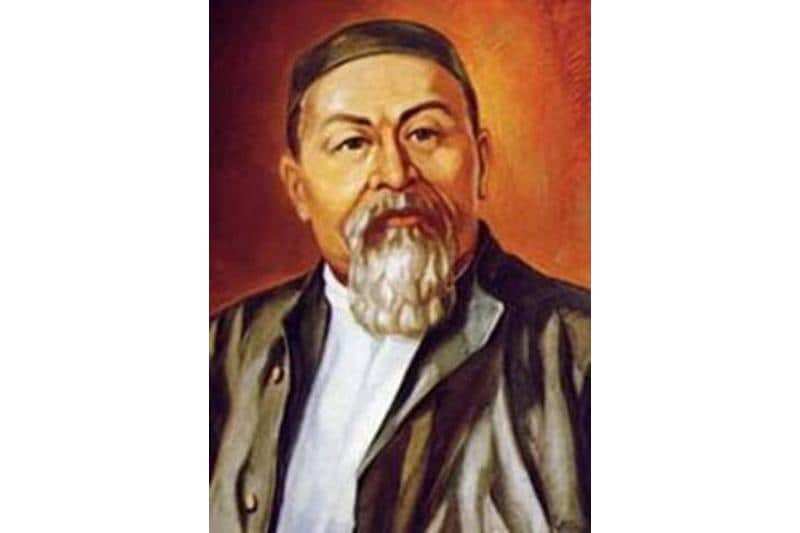
Source: UGC
In his poem «Iskander,» the poet expresses his attitude toward the historical figure Alexander the Great. In the work the author condemns the conqueror’s greed, setting him against the eminent philosopher Aristotle. In «Gacclia,» the poet acts as a demanding mentor and thoughtful thinker. In wise aphorisms, the author presents to the reader issues of culture, morality, history, pedagogy, labor, and the community of nations.
Abai’s writings were widely known even before they were published. His poems and poems were delivered word of mouth. Kunanbayev’s aesthetic innovations had a huge impact on contemporary Kazakh literature. The way of life and creativity were covered by such artists as:
Abay’s innovative literary achievements had a huge influence on the works of national Akyn’s and figures of Kazakh literature.
Ottoman Sultans after Suleiman: a comprehensive list
The main work of the writer was an epic philosophical work, The Words of Edification, which includes philosophical treatises and short proverbs. The prose poem raises questions of Kazakh worldview, morality, law, and national education. Abay Kunanbayev, whose biography is full of persecution, never lost faith in the strength of the Kazakh people.

Source: UGC
Abai masterfully implemented the fresh ideas in his works in innovative literary forms. The author actively used the richness of national oral poetry and the Kazakh language. He introduced innovative poetic genres into literature, employed previously unknown techniques and forms.
In addition to his literary work, Abai Kunanbayev wrote music. More than 20 tunes were widely used by Soviet composers (Ahmet Zhubanov, Latif Khamidi, and Evgeny Brusilovsky) in creating the Abay opera and many symphonic poems. Tatiana’s letter to Onegin accompanied by his tune has been adorning the song repertoire of the people of Kazakhstan for more than 100 years.
See the touching moment when Burna Boy won the Best International Act at BET Awards!
Abai Kunanbaev: statements and aphorisms
In his works, the author touched upon various aspects of human life. In short and concise statements, there is the great wisdom of an unsurpassed thinker. Here’s what the writer said about a person’s inner condition and their life priorities, goals, aspirations, and relationships:
He who shouts in anger is harmless. Fear the one who is silent in anger.
Modesty, which derives from weakness, is not dignity.
The man who memorizes the words of the wise becomes wise himself.
Human dignity is determined by the path that one takes to the end, not by whether one achieves it.
A bad friend is like a shadow: on a sunny day, run and fail, on an overcast day, seek and fail.
Herbert Macaulay’s birthday today

Source: UGC
The worst person out there is one with no aspiration.
The only reason, science, will, conscience elevate man. Only a fool would think otherwise.
The lazy are always hypocritical.
Labour is a joy, laziness a cruel scourge.
Educate the Will: it is the armour that preserves the mind.
Be reasonable, fortify your spirit in the struggle, only the untalented submit to fate.
The worthy settle for a little, although he desired more.
The insignificant are dissatisfied, even when he receives too much.
Human dignity is defined by its approach, not its completion.
Who labors only for himself is like a cattle that fill his belly. Decent works for mankind.
Pray not that you are the son of your father; pride yourself on being the son of a man.
Knowing another’s language and culture makes a person equal to those people.
Learn more about King Sunny Ade’s life and career here
If I were in power, I would cut off the tongue of anyone who claims that a person is irredeemable.
The most beautiful thoughts dim after passing through the people’s mouths.
The man who challenged a hundred people and misled them is infinitely inferior to the man who guided one person to the way of truth.
Laugh enthusiastically, genuinely glad when you see a person who has found a good, has done good, worthy of emulation. A good example teaches restraint, will stop in time, will not allow intoxication.
If your knowledge cannot convince you, don’t think that someone else will appreciate it. If you don’t value your knowledge, how can you expect others to recognize you?
By the love of God, the nations are created, and you love them like yourself. Love people as brothers, like freedom, then truth and life are for you.
Do you know who is the greatest mathematician today?
At the first meeting he shakes hands, flatters, and swans but turns away.
Exuberance reveals a vice in everything.
Laughter with frustration is not joy, but sorrow.
In that, we find the joy we will find bitterness.
It is not just adversity that fills the world, but entertainment.
A person can become good by comparing himself only to good ones.
Share secrets with those who have no friends, befriend those who have many friends. Avoid someone who is careless, be with someone who is sad.
The glory is a high rock. The snake gets to it with a creep, but the falcon reaches it with a single wingspan.
Do good to the wise, and do good to the foolish.
If you want to be rich and learn the trade. Wealth drains away with time, but skills do not.
Over the years Abay Kunanbaev’s melodies, prose, and poems have not lost their beauty and relevance. His belief that only understanding and peace among peoples, cutting-edge ideas of culture, science, and education can lead the world to universal prosperity remains vitally important for all the world’s peoples and each individual.
Development of the world and African theater

